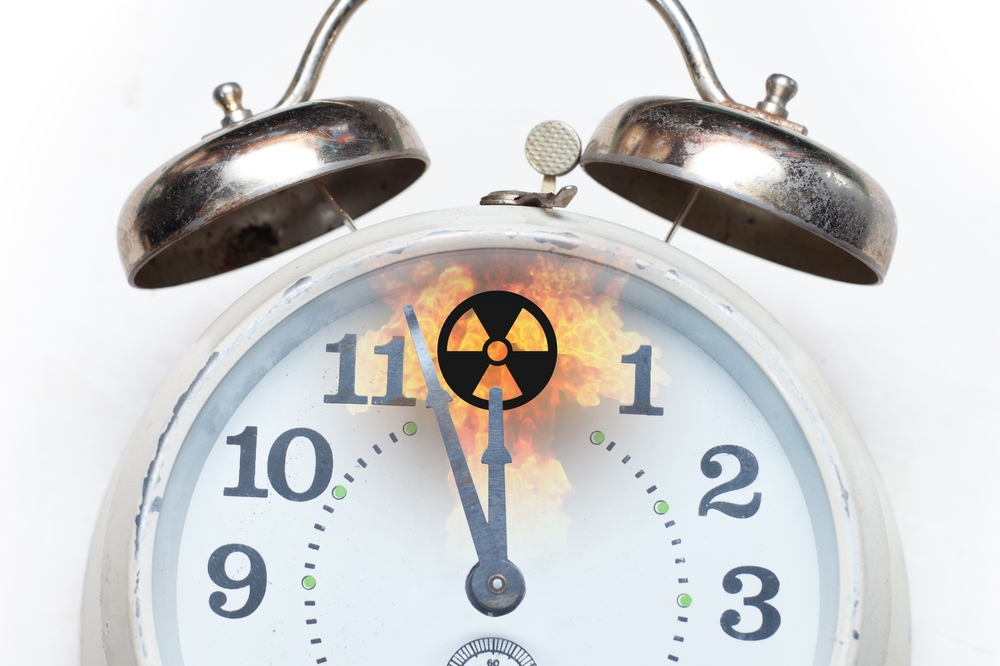Burns emphasized that Western leaders should not be intimidated by Moscow’s nuclear threats.
Others are reading now
William Burns, the head of the CIA, revealed that in the fall of 2022, there was a real fear that Russia might resort to using tactical nuclear weapons on the battlefield in Ukraine.
Allow Long Range Missiles
Despite this alarming possibility, Burns emphasized that Western leaders should not be intimidated by Moscow’s nuclear threats and should consider allowing Ukraine to use long-range missiles for attacks inside Russia, according to Digi24.
Burns reflected on a tense moment in October 2022 when Russian troops faced significant setbacks in Ukraine.
With Russian forces pushed back from northern Ukraine and the southern city of Kherson abandoned, concerns grew that the Kremlin might resort to nuclear options in the face of potential humiliation. However, Burns noted that the situation stabilized shortly after, allowing for a more measured response.
Also read
During a meeting in Turkey in November 2022, President Joe Biden tasked Burns with delivering a stern warning to Sergei Naryshkin, head of Russia’s foreign intelligence service. This meeting aimed to clarify the severe consequences that Russia would face should it escalate its use of nuclear weapons.
Putin is a Bully
Burns described Russian President Vladimir Putin as a “bully” who uses threats as a means to intimidate.
He urged the U.S. and its allies not to be cowed by these saber-rattling tactics. Instead, he advocated for continued support for Ukraine, including the potential use of Storm Shadow missiles, a long-range missile system supplied by the U.K.
Despite the ongoing support, the Biden administration has been cautious about allowing Ukraine to strike within Russian territory, reflecting a concern for escalation. Burns expressed worries about Iran possibly supplying ballistic missiles to Russia, which would signify a significant escalation in their military relationship.
Both Burns and Richard Moore, head of MI6, highlighted the increasing activity of Russian spies in the U.K. and Europe amid the ongoing conflict in Ukraine.
They agreed that the international order is under threat in ways not seen since the Cold War, stressing the importance of maintaining unity against Russia’s aggressive actions in Ukraine.


